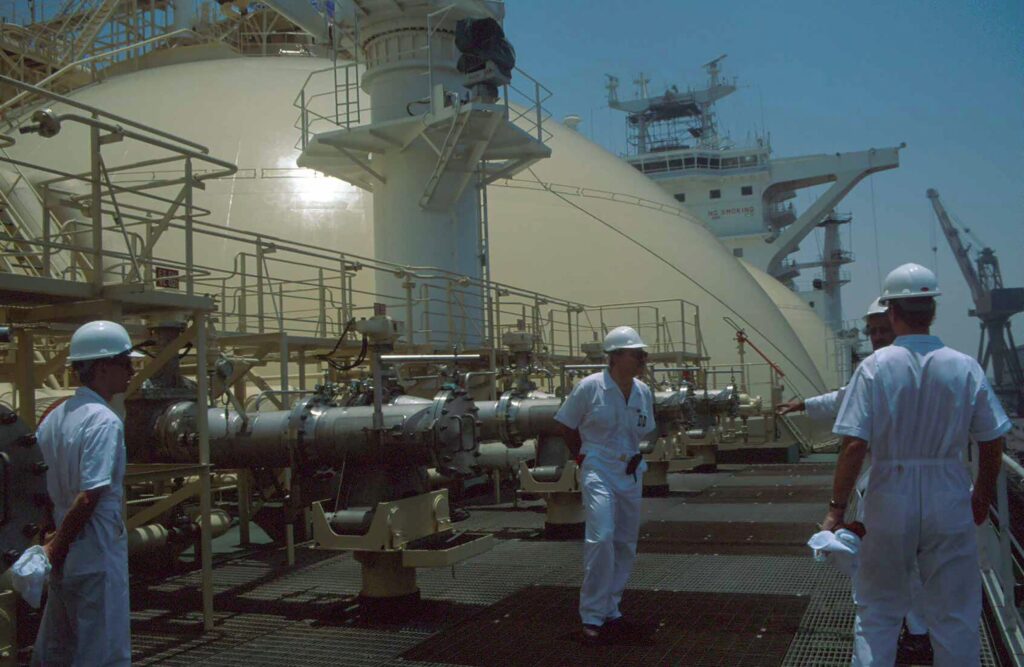Mitigate impact of oil market gloom
Gulf share of gas exports to reach 40%
Increased natural gas production in Saudi Arabia, Qatar, the UAE and Oman will boost their economic growth in the medium term, the International Monetary Fund has predicted.
Qatar, the world’s third-largest exporter of liquefied natural gas, is due to nearly double its annual output to 142 million tonnes by 2030.
Saudi Aramco said in March that it would focus investment on developing natural gas because it provides higher returns than oil.
“Over the medium term, growth is set to be supported by natural gas expansion in Oman, Qatar, Saudi Arabia and the United Arab Emirates,” the IMF wrote in its Regional Economic Outlook for the Middle East and Central Asia, published on Thursday.
The Gulf is set to increase its share of global gas exports to 40 percent by 2030 as new fields in Saudi Arabia and Qatar begin production, Franklin Templeton said in a report released this week.
Its export share currently stands at 13 percent and the region holds 21 percent of worldwide natural gas reserves. This increased gas production will mitigate the effects of a gloomy oil market.
Oil output cuts by the Opec+ group of exporters, which amount to about 6 percent of global crude supplies according to the IMF, are likely to persist for longer than originally envisaged, lowering production revenue for Gulf members.
Middle Eastern exporters are also grappling with declining oil prices. The IMF’s Regional Economic Outlook warns that global demand is likely to be weaker than anticipated, causing oil markets to be “moderately oversupplied” in 2025.
This has led the IMF to reduce its 2025 real GDP growth projections for Saudi Arabia and the UAE to 3 percent and 4 percent respectively, although it upped the GDP forecast for Qatar to 2.4 percent.
Economic indicators for the GCC
Strong domestic demand and oil production cuts have caused Gulf current account surpluses to fall by 10 percentage points of GDP from their peaks in 2022, the IMF wrote.
These will narrow further in the “medium term”, according to the report.
However, the Gulf’s “substantial external reserves, ongoing reform momentum, and strengthened policy frameworks provide significant buffers against global uncertainty”, the report said.
“Elevated uncertainty about oil prices makes it even more important for Mena oil exporters to focus on preserving fiscal buffers while ensuring an equitable redistribution of their natural resource wealth across current and future generations,” the IMF said.
“Policy efforts should target the development and diversification of non-oil revenue sources and the elimination of energy subsidies where applicable.”
Register now: It’s easy and free
AGBI registered members can access even more of our unique analysis and perspective on business and economics in the Middle East.
Why sign uP
Exclusive weekly email from our editor-in-chief
Personalised weekly emails for your preferred industry sectors
Read and download our insight packed white papers
Access to our mobile app
Prioritised access to live events
Already registered? Sign in
I’ll register later



